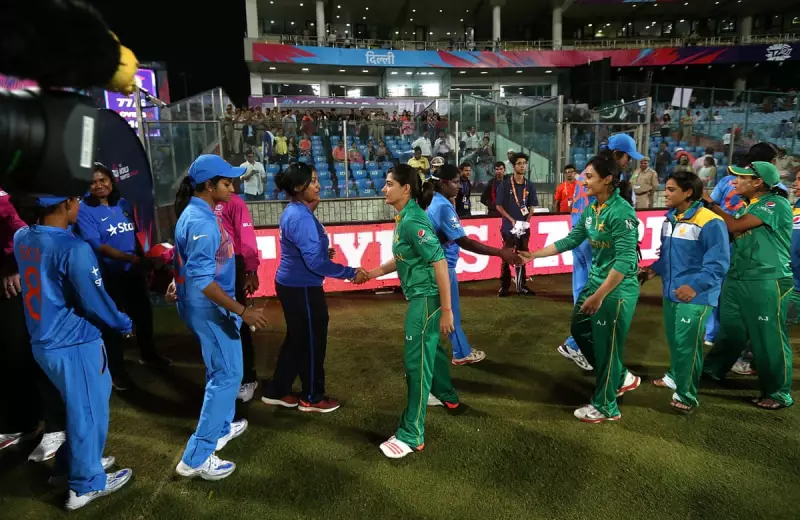
When the Indian and Pakistani women's cricket teams step onto the pitch, they carry more than just bats and balls—they bear the weight of history, politics, and a rivalry that transcends sport. Yet behind the fierce competition lies a complex web of personal relationships that national boundaries struggle to contain.
The Unseen Bonds Between Rivals
In the world of women's cricket, a quiet sisterhood has flourished despite geopolitical tensions. Players who've competed together in global T20 leagues form friendships that defy nationalistic diktats. They share training tips, celebrate personal milestones, and maintain group chats that buzz with camaraderie—until match day arrives.
"We're friends off the field, but when we play India-Pakistan, we know what it means to our countries," reveals one player, echoing the sentiment many share but few articulate publicly.
When Politics Enters the Dressing Room
The upcoming clash between these cricketing nations exposes the delicate balance athletes must strike. Political tensions between Delhi and Islamabad inevitably seep into team preparations, with security concerns and media scrutiny creating an atmosphere far removed from ordinary matches.
Nationalistic expectations create an additional layer of pressure, transforming what should be a sporting contest into a symbolic battle for supremacy. Players find themselves navigating not just opposition bowlers but also the heavy burden of representing nations with complicated histories.
The Social Media Tightrope
In today's digital age, the challenges extend beyond the boundary rope. Players must carefully curate their online interactions, aware that a simple like or comment on a rival player's post can trigger nationalist backlash. This digital diplomacy adds another dimension to an already complex relationship.
Beyond Border Politics: The Human Element
Despite the pressures, moments of genuine connection break through. The article highlights touching instances where players have comforted distressed opponents or shared quiet words of encouragement mid-game. These gestures reveal the shared understanding among athletes who recognise they're often pawns in larger political games.
As one veteran commentator observed, "The players understand the stakes better than anyone. They've found ways to maintain respect while competing fiercely—it's a lesson many politicians could learn from."
The Future of Sporting Diplomacy
While political realities ensure that India-Pakistan matches remain charged affairs, the growing professionalisation of women's cricket offers hope. As players increasingly share dressing rooms in franchise leagues worldwide, the artificial barriers of nationalism may gradually erode.
The ultimate test remains whether this hard-won sisterhood can withstand the pressure of representing nations where cricket is never just a game.





